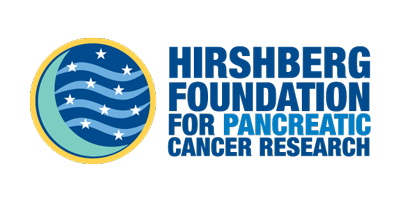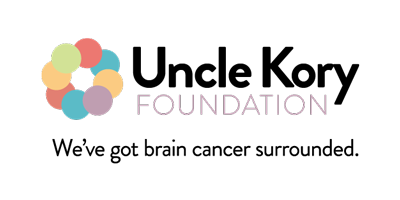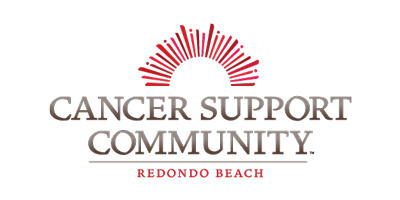People with pancreatic cancer often find it difficult to maintain their weight and follow a healthy diet. Proper nutrition is crucial to your care to help you feel better, stronger, and more energetic.
Working with a dietitian to optimize your health and avoid excess weight loss during treatment is essential. Poor nutrition decreases the body’s ability to fight infection. A dietitian can help you choose foods that are easy to digest to maintain good nutrition, which is linked to better treatment outcomes.
Eating easy-to-digest, small, and frequent meals and focusing on high-protein foods is often recommended. Staying hydrated is also important, so consider having protein shakes and other liquid meals to maintain caloric intake.
Nutrition after Surgery
After surgery, your healthcare team will monitor you for digestive issues or abnormal blood sugar levels. They will assist you in managing any changes that occur. If you are experiencing digestive issues, you might need to take a supplement to replace the natural digestive enzymes produced by the pancreas. Additionally, you might need to take mineral and vitamin supplements. In case of high blood sugar levels, you may require medication to manage your condition.
For more nutritional guidance, we have a variety of presentations and information from our experts to support you in your recovery and help you live your best life. We are here to support you on your journey. Please reach out should you need more nutritional guidance.
- Pancreatic Enzyme Education
UCLA’s Shelby Yaceczko, an advanced practice registered dietitian, presented an overview of pancreatic enzyme education at the Annual Symposium on Pancreatic Cancer - Exocrine Pancreatic Insufficiency (EPI) and Pancreatic Enzyme Replacement Therapy (PERT)Information on Exocrine Pancreatic Insufficiency (EPI) and how it can be treated with Pancreatic Enzyme Replacement Therapy (PERT)
- Dietary Management Post-Diagnosis
Shelby Yaceczko spoke on the importance of diet and wellness at every phase of the pancreatic cancer journey at the Annual Symposium on Pancreatic Cancer - Nutritional Myths with Pancreatic Cancer
At the Symposium on Pancreatic Cancer, UCLA’s Dr. Zhaoping Li, Director of the UCLA Center for Human Nutrition, addresses the importance of nutrition for pancreatic cancer patients, from what to eat and what to avoid, how to modify eating habits post-Whipple, and more - Nutrition and Pancreatic Cancer – Food Matters!
Dr. Zhaoping Li shares important tips on optimal nutrition for post-surgical patients and non-surgical patients - Optimal Nutrition
Presenting at the Symposium on Pancreatic Cancer, Dr. Zhaoping Li discusses the role that food and diet play in achieving optimal health - Cooking Healthy With Dr. Li
This hands-on cooking demonstration led by Dr. Zhaoping Li at Sur La Table allowed patients and caregivers to cook delicious and nutritious food tailored to those with various pancreas disease concerns with recipes provided - Cook For Your Life
Created by a cancer survivor, this great resource provides a library of nutritional recipes searchable by dietary concern geared specifically towards those in treatment and dealing with certain side effects


